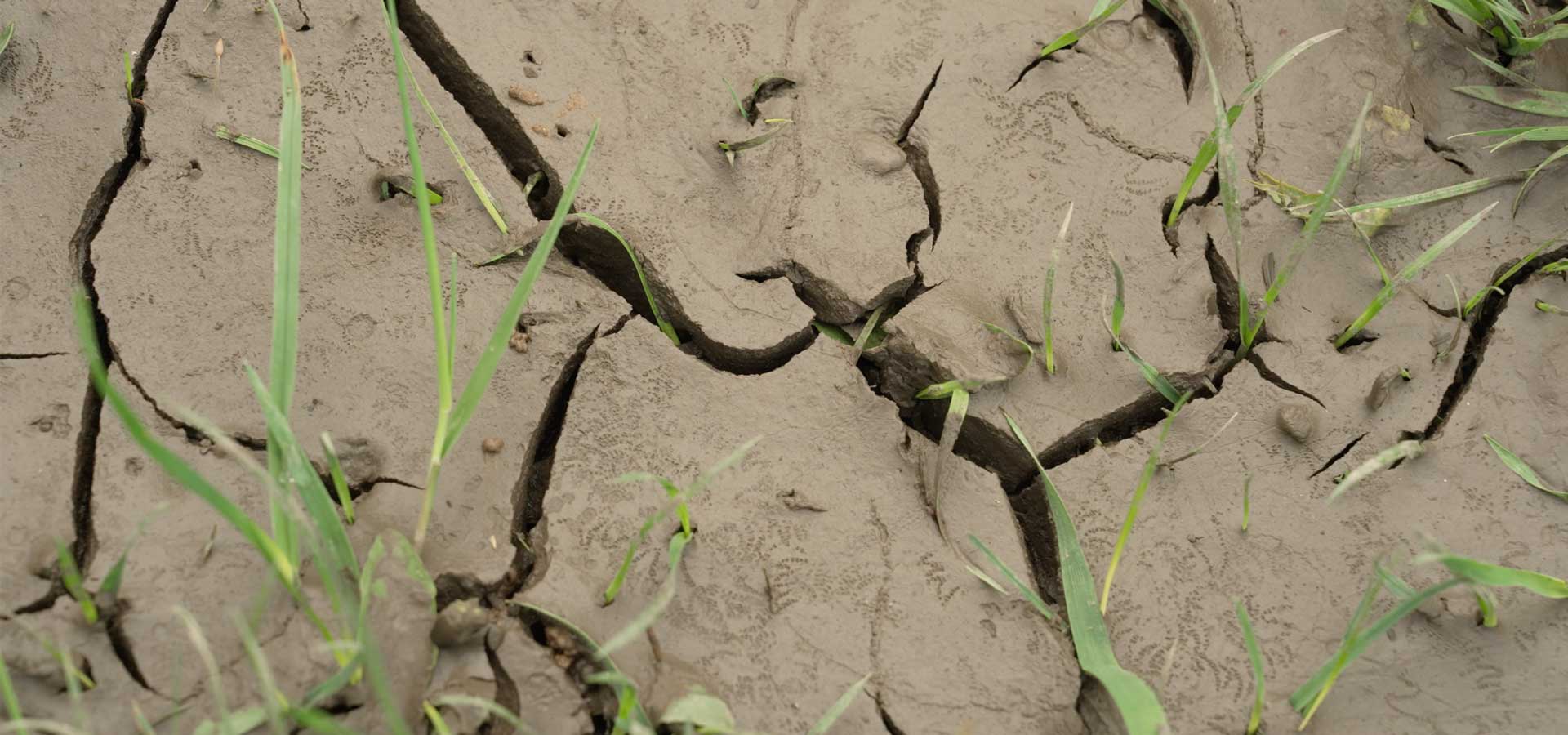According to DEFRA, soils in England face three main threats: soil erosion by wind and rain, compaction, and decline of organic matter. These threats are only being magnified by climate change.
As a soils-first project, Sapperton Wilder is hoping to tackle these threats, starting by establishing a baseline for soil health. This baseline has begun to steer land management to assist with these threats, including the establishment of herbal leys, reducing chemical inputs, and reducing soil disturbance.
Since the start of the project, soil sampling has been undertaken every year across the site as well as in the control fields. These data include physical structure of the soil, microbiology and soil chemistry. Measuring changes in these properties as new management practices are introduced will provide a long-term data set to increase our understanding of how best to generate improvements in soil health, organic matter (carbon content & soil fertility) on limestone brash soils. Additionally, environmental DNA (eDNA) was assessed in the first year, establishing a baseline of the microbial communities in the soil; fungi, bacteria, and fauna.
Through partnerships with organisations like Nature Metrics, NRM Cawood and Regenerate Outcomes, we are beginning to interpret our soil story.
We are still at the beginning of that story, and it is too early to be definitive, but our initial three years of data is encouraging. Lab results indicate soil health may be changing for the better. Organic matter is slowly building in Sapperton Wilder soils and, correlated to this, we are seeing increased CO2 respiration levels and active carbon levels begin to increase. CO2 respiration and active carbon are indicators of abundance and activity of soil life, so it is positive that these seem to be heading in an upward direction. Our soil sampling will be done at least every 5 years, both for regeneratively managed land, as well as conventionally farmed plots that are being using as comparison sites.
To learn more about mapping and our soils journey, click here to read a short summary written by Understanding Ag/Regenerate Outcomes soil scientist Kyle Richardville: Soil Journey
To read more about our eDNA baseline: eDNA Baseline Report 2021

